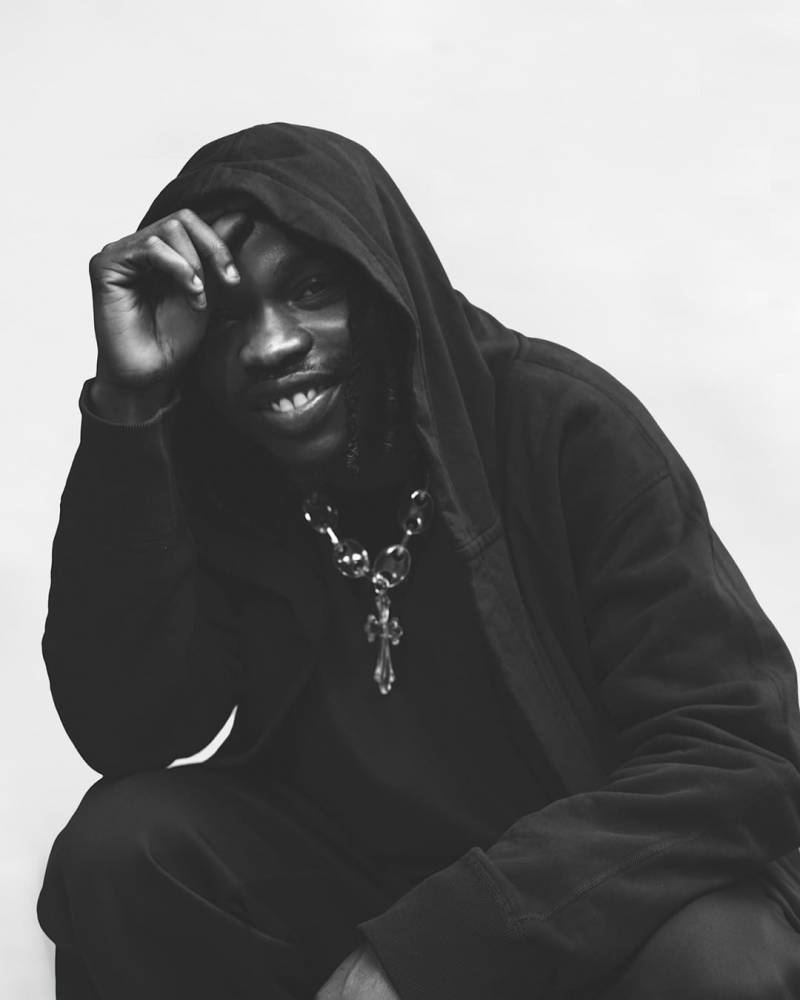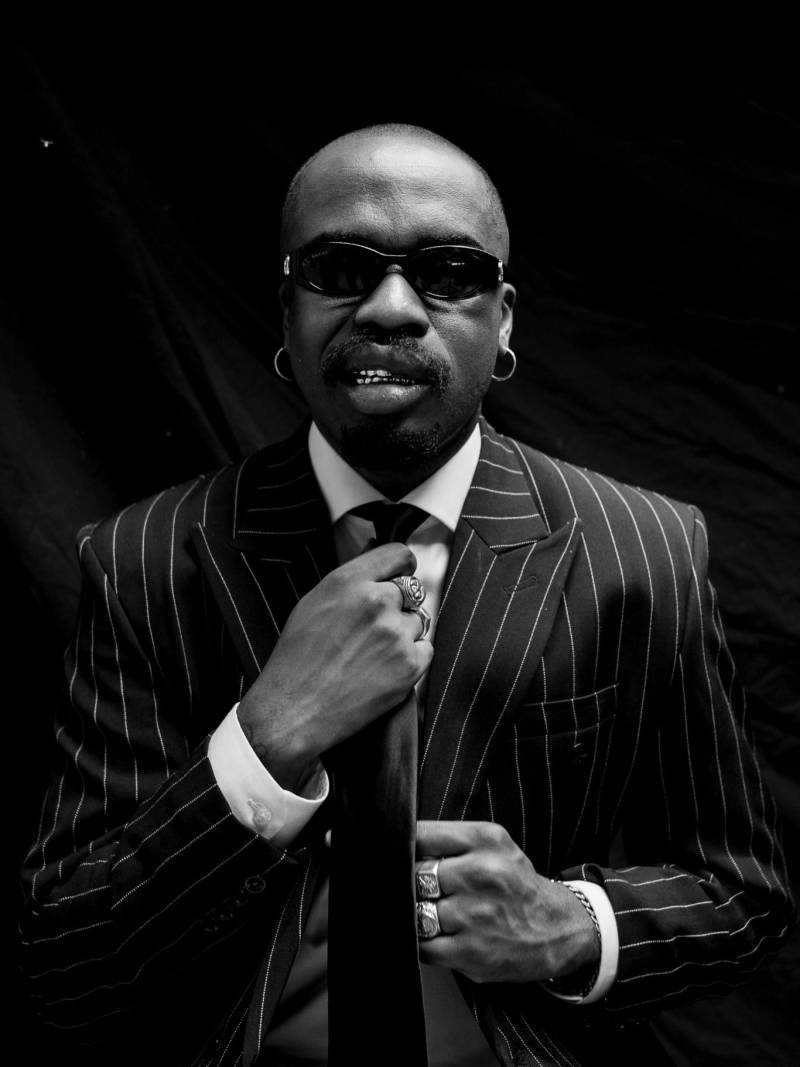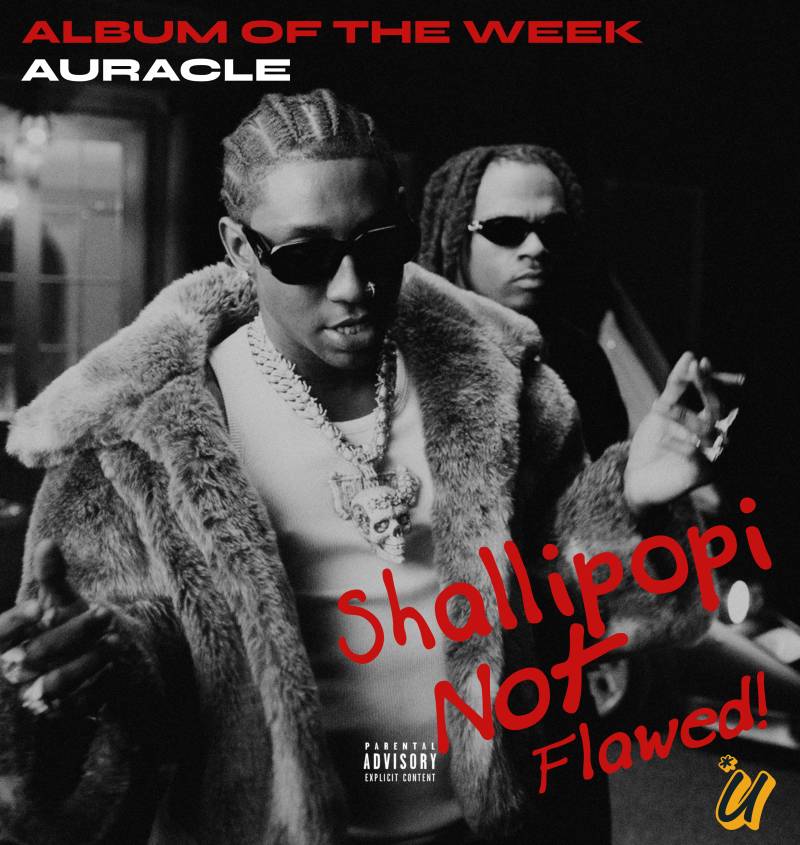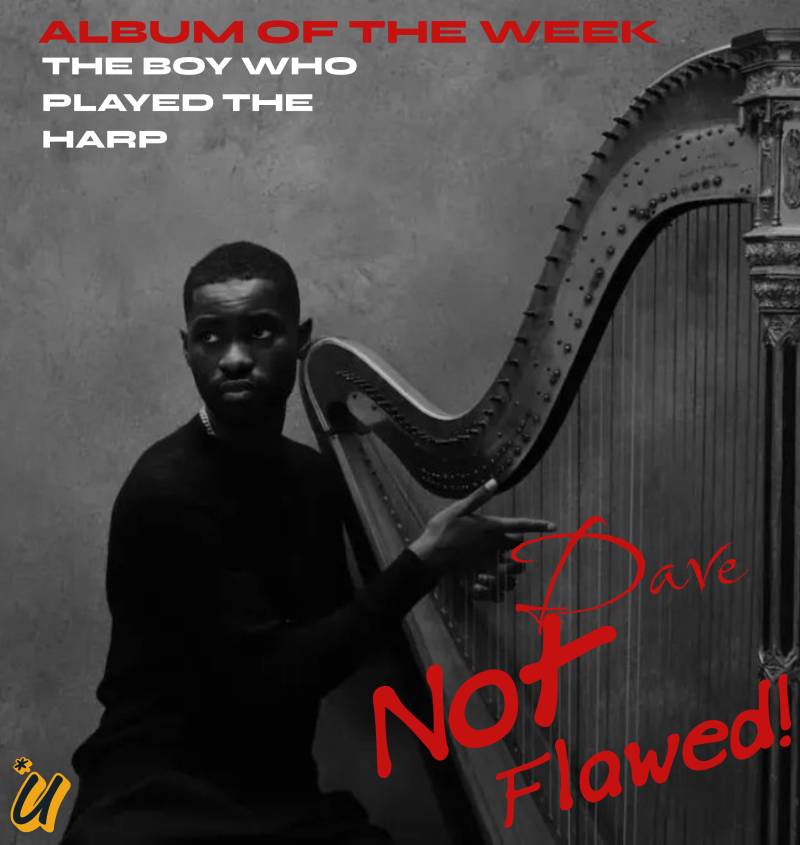Azeez Adeshina Fashola – better known as Naira Marley was born in Lagos Island in 1991. He stayed there until the age of 12, when his parents decided to move to Peckham, south-east London, in an area named ‘Little Lagos’ in reference to its large Nigerian population. Despite being mostly surrounded by his people, Marley notes that the transition was difficult.
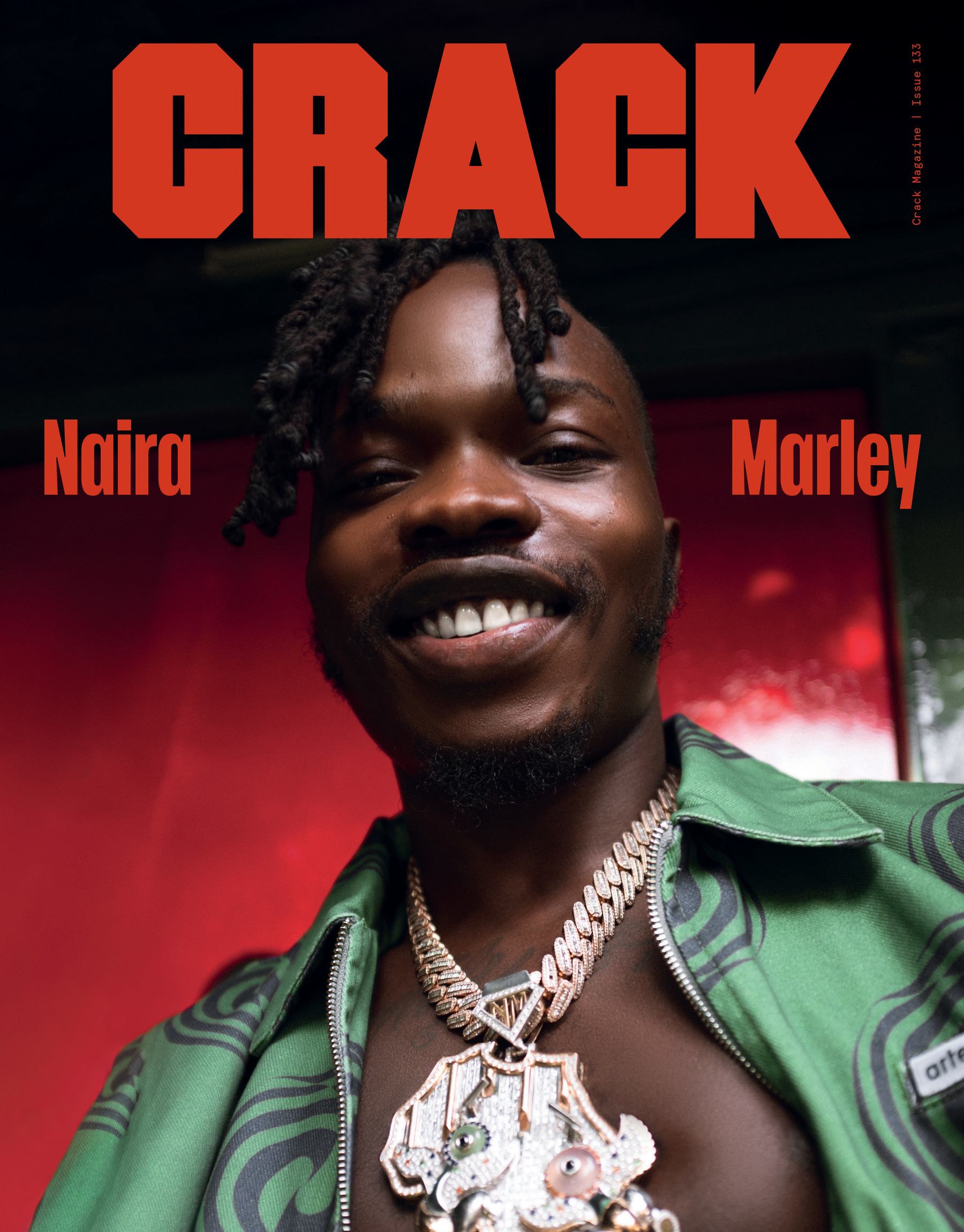
“To be African then was not cool,” he sighs. “I actually had a strong African accent back then, I was fresh,” he chuckles. “You know the questions in class? You can’t even answer. And it’s not the white kids that laugh at you, it’s the Black British kids. The Caribbean ones that didn’t want to be classified as Africans. Now Africa is the ting, everybody wants to be African – but it was really hard at first when we wasn’t really accepted.”
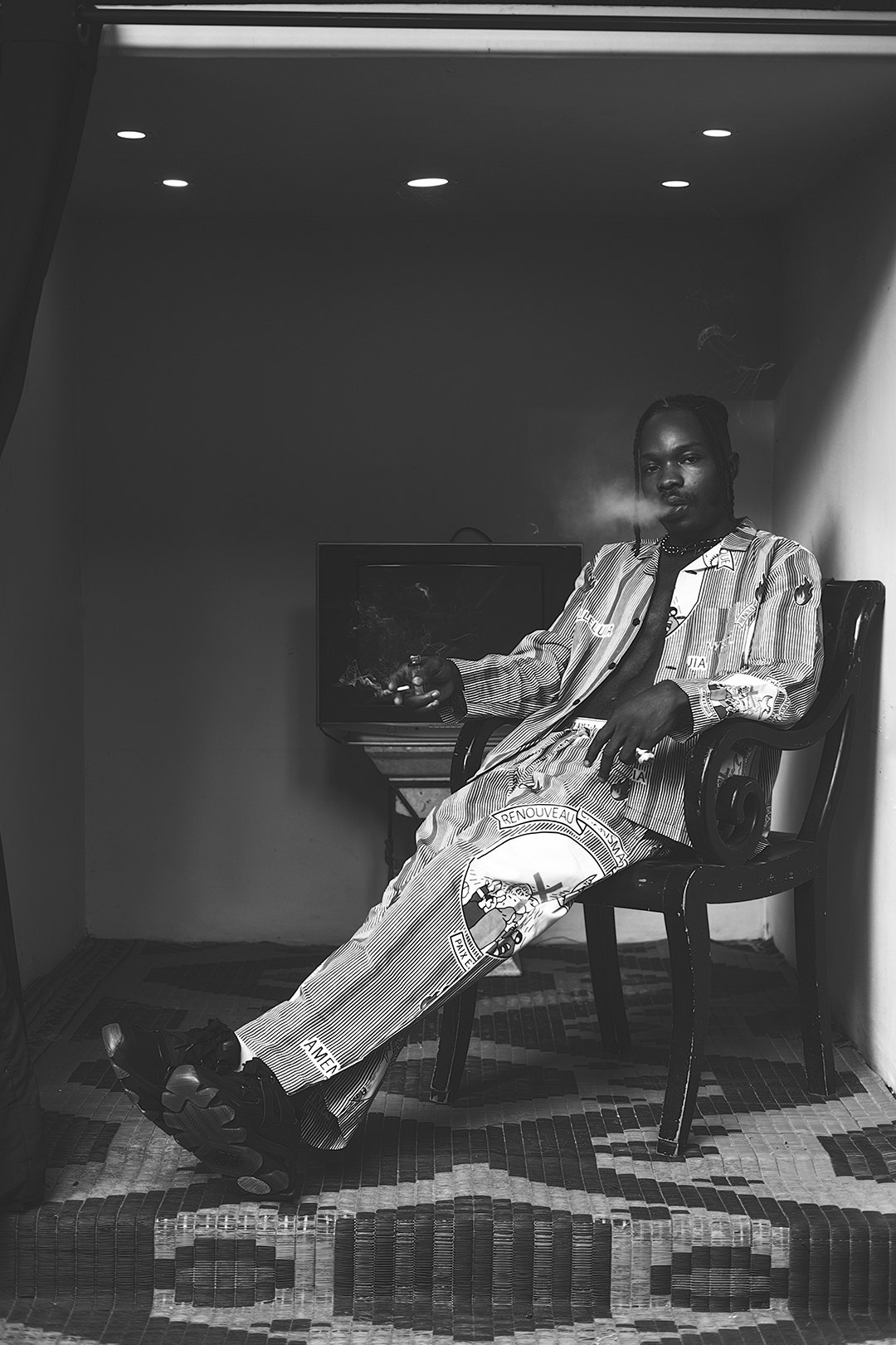
It’s a little surprising, then, that Marley’s own path into music was almost accidental. “I had a couple of friends that used to rap around me, and I had a bit of cash, so at one point I said, ‘Yeah, let me go for it.’” He booked a studio session in south London, and after his friends were done recording, there was still time left on the clock – so he jumped on a beat for fun. The result was better than anything else they had recorded that day, and Naira Marley was born. “Naira is just me trying not to forget home,” he says of his moniker. “And any pounds I get, or any money I get – eventually I’m gonna turn it into naira [Nigeria’s currency].”
God’s Timing’s the Best is a celebratory checkpoint in a career that has packed soaring highs and controversial lows into a relatively brief space of time. In 2015, Marley announced his arrival in fine style with Marry Juana, a lilting dancehall bop that married Afrobeats melodies and UK slang. Next up was Issa Goal, a joyous, UK funky-inflected track that triggered a flurry of videos of fans doing the ‘shaku shaku’, a viral street dance that some have nicknamed the ‘Nigerian Gangnam Style’, and became the unofficial anthem of Nigeria during the 2018 World Cup. He also has two EPs under his belt: 2015’s Gotta Dance, in which he introduced the ‘No Mannaz’ lifestyle – “She said I got no manners/ I replied yes,” he rapped of his give-no-fucks attitude on Back2Work – and 2019’s percussion-fuelled Lord of Lamba.
On 9 May, 2019, Marley released Am I a Yahoo Boy, a reference to the internet scammers for which Nigeria has become infamous – complete with an ice-cream-hued video in which the protagonist is bundled into a police van. The following day – coincidentally, his 28th birthday – he was arrested in a raid by Nigeria’s Economic and Financial Crimes Commission (EFCC) on charges of internet fraud and money laundering, the organisation claiming that they had found sufficient evidence of an “intent to defraud” on a laptop that had been seized. He was held in custody for 35 days. Marley soon found himself at the centre of a national scandal.
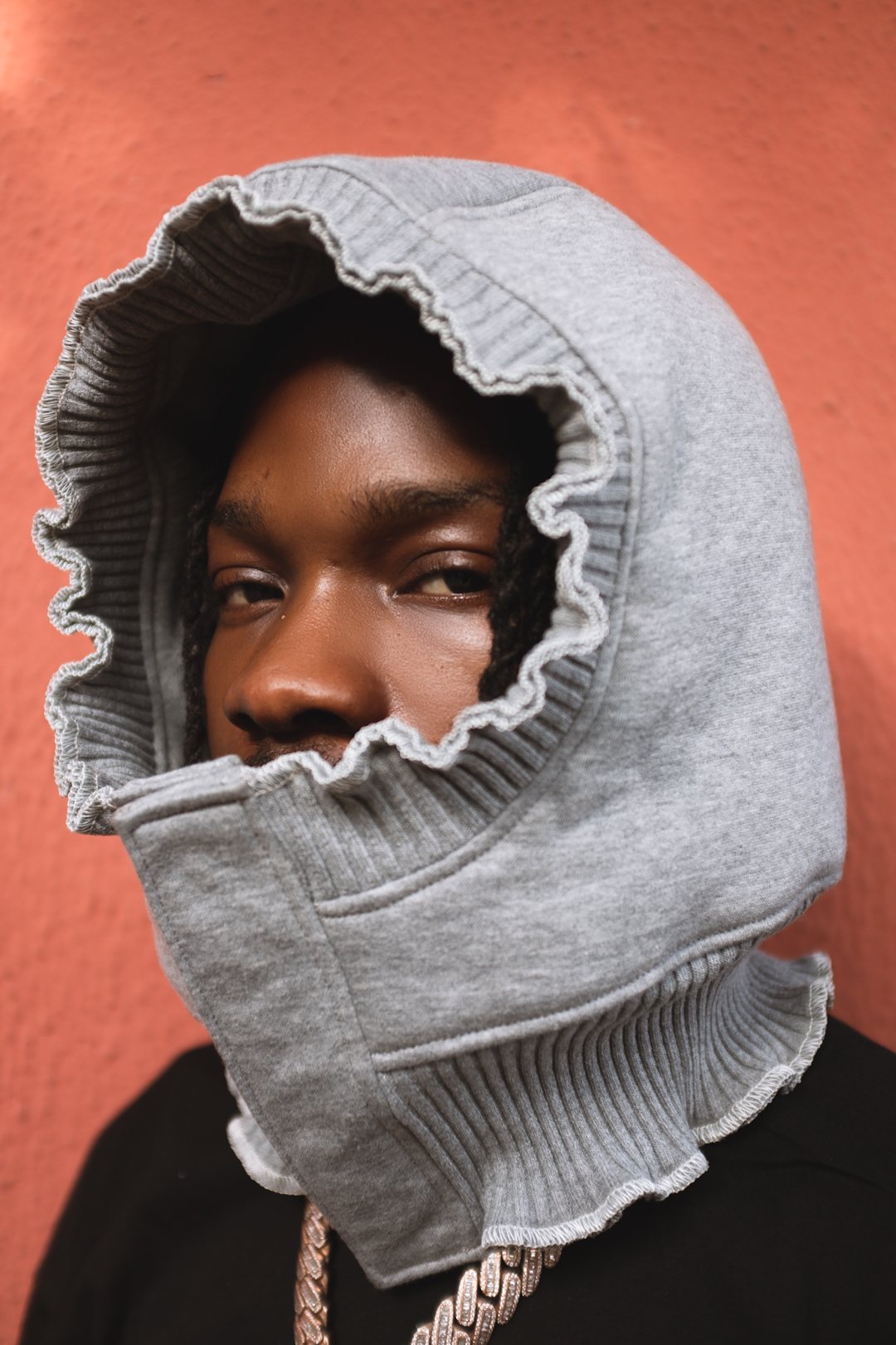
“They arrested me for no reason,” he says in a tone that suggests an acceptance of the situation. “Basically, I was talking too much. I was just running my mouth thinking it’s a free country, you know, but it’s not a free country like that…”
In this climate, it’s no surprise that his first full-length project would arrive amidst the clamour of anticipation. But why drop an album now? “God’s time is the right time,” he winks, knowingly. “I actually didn’t have plans to drop an album. I love dropping singles, but I needed a body of work to show. I’ve been in the game for this long, you know? I needed to drop something big to show how versatile I can be.”
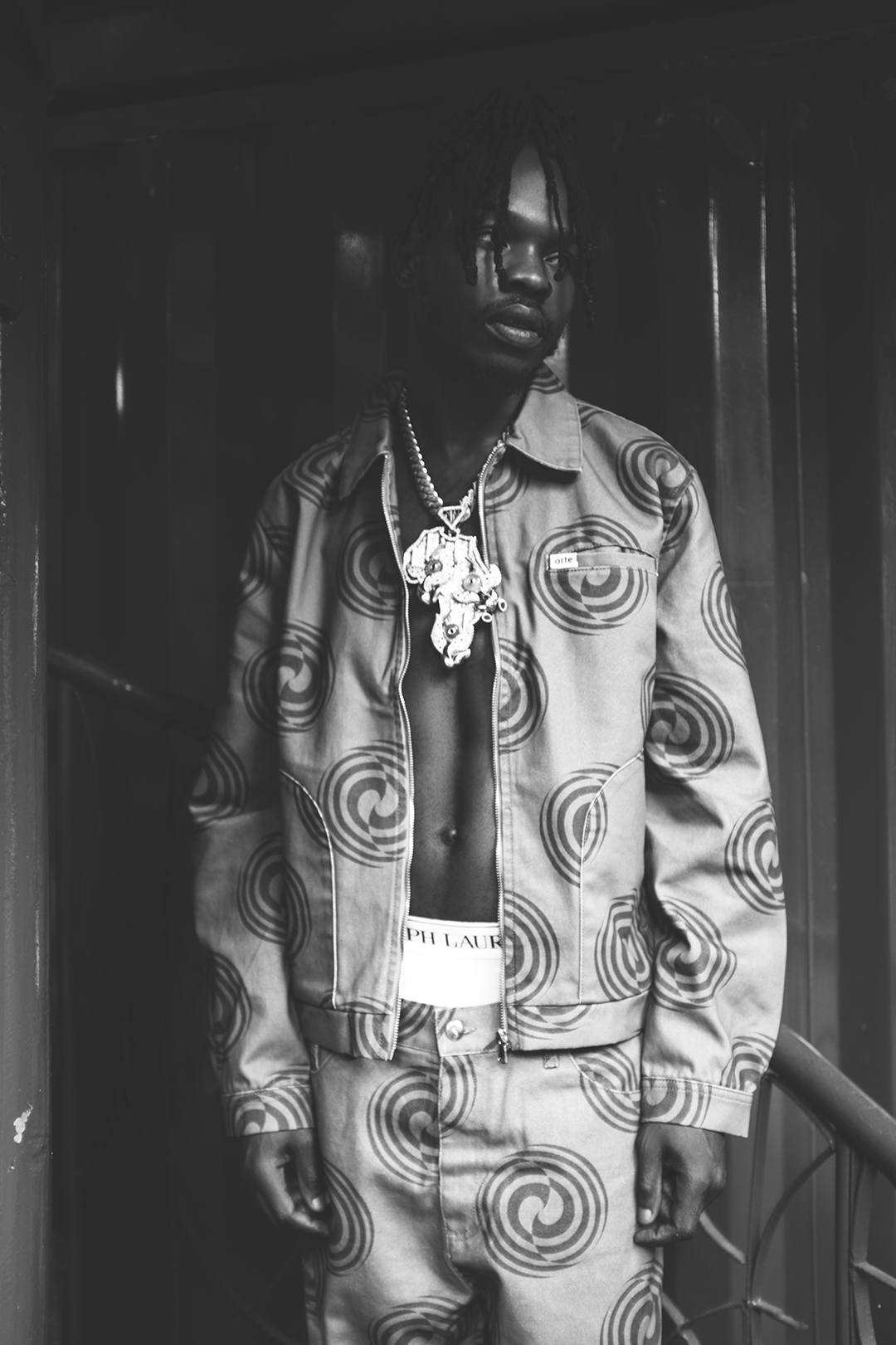
Indeed, God’s Timing’s the Best serves a dual purpose: showcasing a disruptive artist doing exactly what he does best, and, more importantly, providing an opportunity for him to showcase the talent he believes in. Marlian Music Record, the label he founded in 2019, was set up with the same aim – to platform emerging Nigerian talent and pay his success forward. “I want to support those who believe in me. My fanbase got big, so I need to put people on now that they’re paying attention,” he asserts. “All the artists on [my] album are people I can relate to in real life. We just made the songs because we’re friends.”
Source; Crack Magazine
